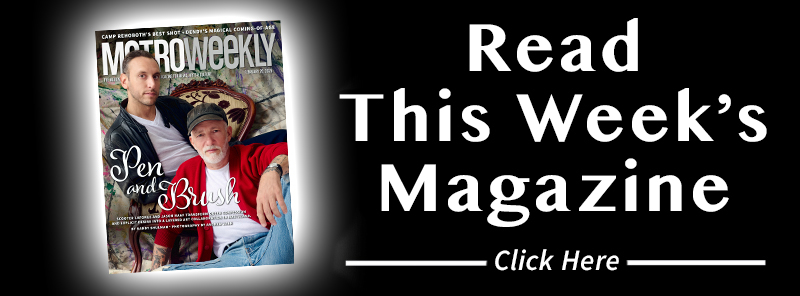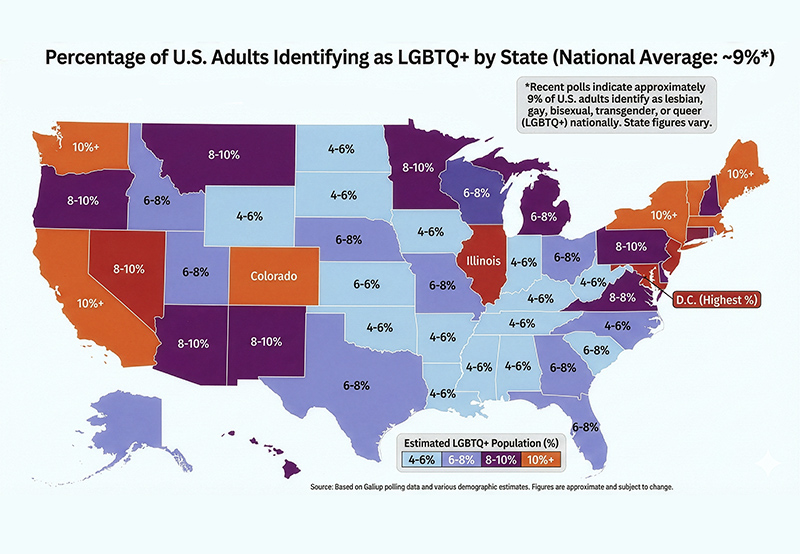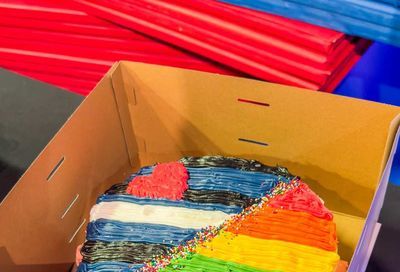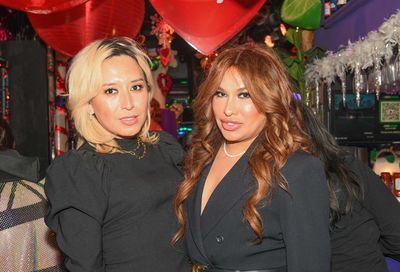Connecticut is actively recruiting same-sex couples to adopt or foster children
As other states restrict LGBTQ adoption, Connecticut is taking a bold step in the opposite direction

As several states pass laws aimed at limiting or preventing LGBTQ people from adoption, Connecticut is doing the exact opposite by actively recruiting same-sex couples to become parents.
Connecticut’s child welfare division is openly declaring their acceptance of same-sex parents so that their state can be known as a welcoming place for LGBTQ people, according to Gov. Dannel P. Malloy.
“We just have to get this word out,” Malloy told the Associated Press. “We have to get more of our children placed with our families in our state.”
The Connecticut Department of Children and Families (DCF) will work with LGBTQ organizations and community centers to encourage same-sex couples to apply to become either adoptive or foster parents. Connecticut currently has around 4,300 children being cared for by the state, half of which are unlikely to return to their original home.
DCF Commissioner Joette Katz told AP that they currently have around 100 LGBTQ families, but wish to to raise that number to 250 by the end of Malloy’s term. “There are hundreds, if not thousands of families, that have a lot of love to give,” she said.
Connecticut’s outreach to the LGBTQ community stands in staunch opposition to recent efforts in other states. Lawmakers in Kansas and Oklahoma recently passed bills that allow adoption and foster care agencies to refuse to place children with “immoral” same-sex couples.
Shannon Smith, who adopted two young boys in DCF care with his husband Ross Stencil, said that these restrictions against gay adoptions have scared off same-sex couples looking to adopt.
“I think it’s nice DCF is pulling out the stops to really let people know, ’Hey, your love is just as good as anybody else’s. Don’t listen to that other garbage that everyone is saying. If you’re a great parent, we’re going to get you a kid,” he said.
Support Metro Weekly’s Journalism
These are challenging times for news organizations. And yet it’s crucial we stay active and provide vital resources and information to both our local readers and the world. So won’t you please take a moment and consider supporting Metro Weekly with a membership? For as little as $5 a month, you can help ensure Metro Weekly magazine and MetroWeekly.com remain free, viable resources as we provide the best, most diverse, culturally-resonant LGBTQ coverage in both the D.C. region and around the world. Memberships come with exclusive perks and discounts, your own personal digital delivery of each week’s magazine (and an archive), access to our Member's Lounge when it launches this fall, and exclusive members-only items like Metro Weekly Membership Mugs and Tote Bags! Check out all our membership levels here and please join us today!



























You must be logged in to post a comment.